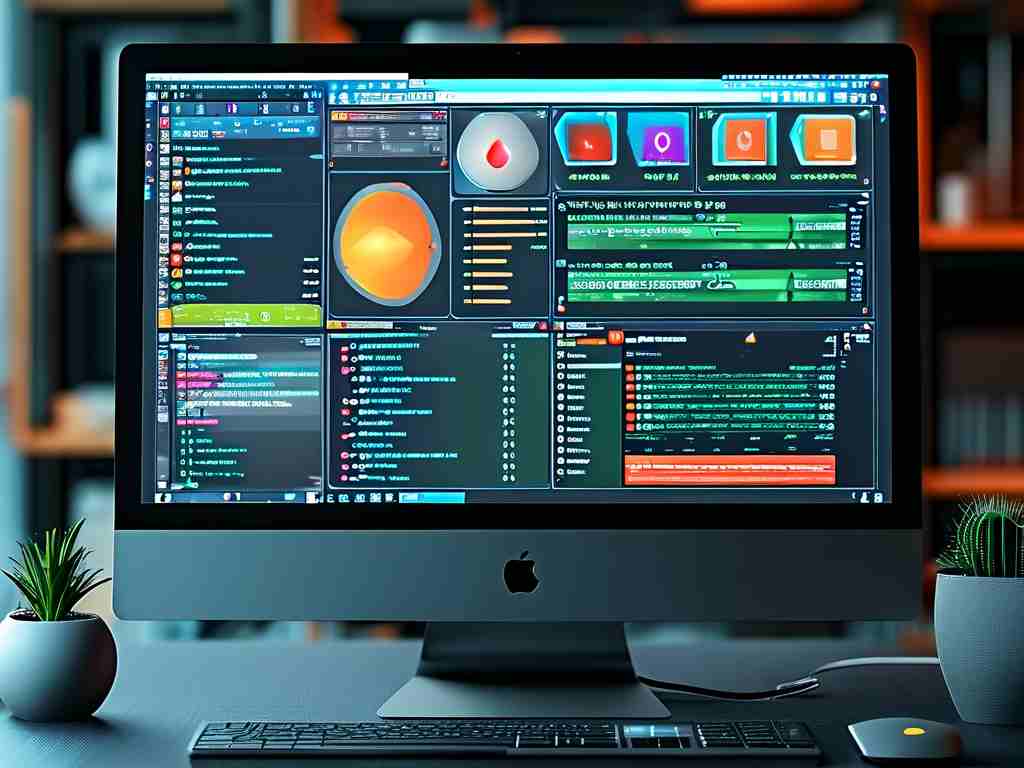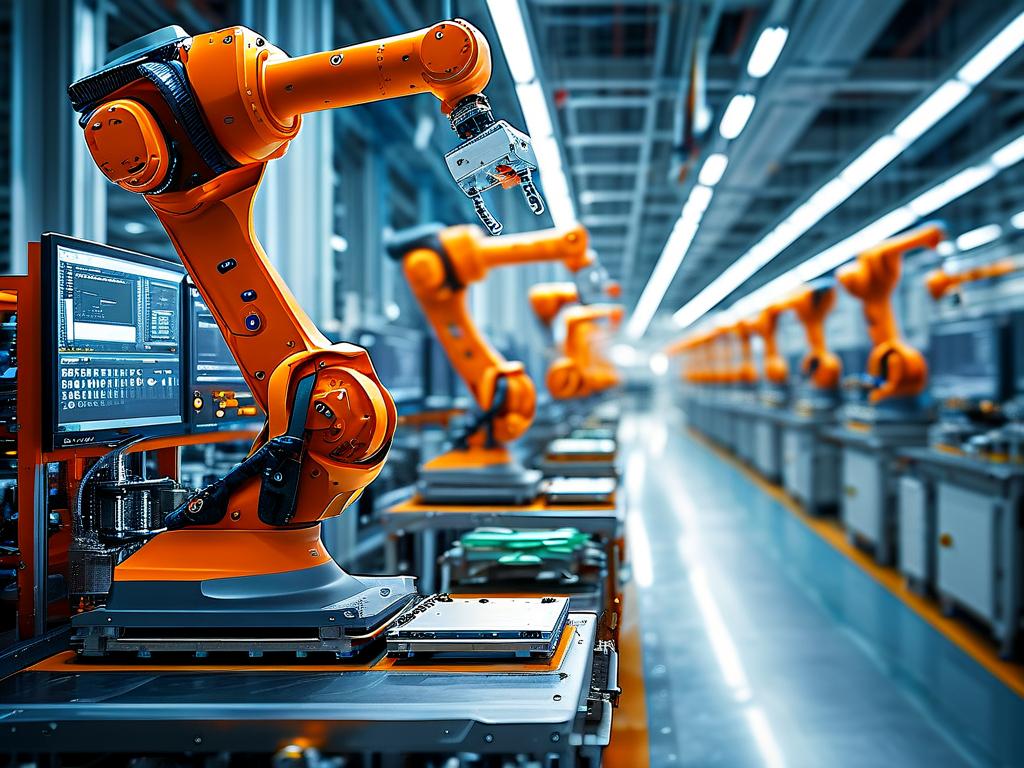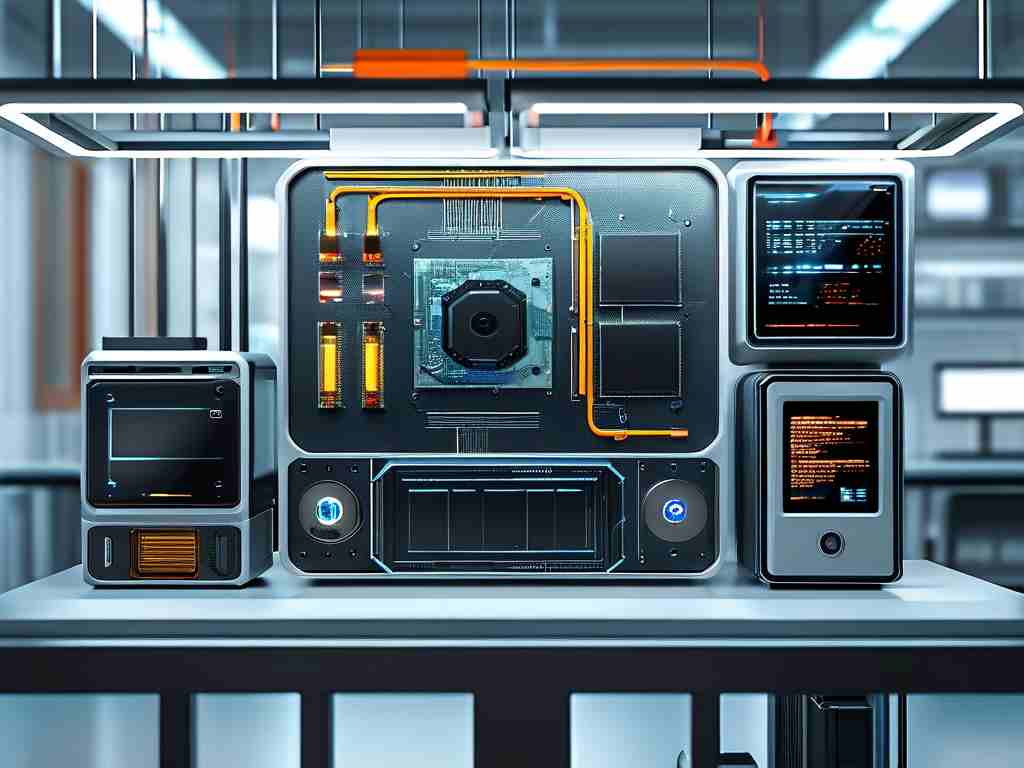Embedded systems form the backbone of modern technology, powering everything from smartphones to smart factories. Among the pioneers in this field, Samsung Electronics has consistently demonstrated leadership, innovation, and adaptability. This article explores Samsung's contributions to embedded development, its technological advancements, and the impact of its solutions across industries.

The Role of Embedded Systems in Samsung's Ecosystem
Embedded systems are specialized computing systems designed to perform dedicated functions within larger devices. For Samsung, these systems are integral to its product portfolio, enabling seamless integration of hardware and software. From smartphones like the Galaxy series to home appliances and industrial automation tools, embedded systems ensure efficiency, reliability, and user-centric functionality.
Samsung's expertise in semiconductor design, particularly through its System-on-Chip (SoC) solutions like the Exynos processors, has redefined embedded development. These chips combine CPUs, GPUs, and neural processing units (NPUs) to deliver high performance while optimizing power consumption-a critical requirement for IoT devices and wearable technology.
Innovations in Embedded Software Development
Beyond hardware, Samsung has invested heavily in embedded software frameworks. Tizen OS, for instance, is a Linux-based operating system tailored for smart TVs, wearables, and IoT devices. Its lightweight architecture and adaptability make it ideal for resource-constrained environments. By open-sourcing Tizen, Samsung has fostered collaboration with developers worldwide, accelerating innovation in embedded applications.
Another milestone is Samsung's work in real-time operating systems (RTOS). Solutions like Samsung Realtime OS (SRTOS) are deployed in automotive systems, medical devices, and robotics, where millisecond-level responsiveness is non-negotiable. These systems prioritize deterministic behavior, ensuring safety and precision in mission-critical scenarios.
Industry-Specific Applications
Samsung's embedded solutions have transformed multiple sectors:
- Consumer Electronics: Smart refrigerators, washing machines, and air conditioners leverage embedded AI to learn user preferences and optimize energy usage.
- Healthcare: Medical devices powered by Samsung's embedded platforms enable real-time patient monitoring and data analysis, enhancing diagnostic accuracy.
- Automotive: Partnerships with automakers have led to advanced infotainment systems and autonomous driving modules, all supported by Samsung's robust embedded hardware.
- Industrial IoT: In smart factories, Samsung's embedded systems enable predictive maintenance, reducing downtime and operational costs.
Challenges and Solutions in Embedded Development
Despite its successes, Samsung faces challenges inherent to embedded systems. Security remains a top concern, as interconnected devices are vulnerable to cyberattacks. To address this, Samsung integrates hardware-based security features like TrustZone in its Exynos chips, isolating sensitive data from potential breaches.
Another challenge is scalability. As IoT ecosystems expand, embedded systems must support diverse protocols and standards. Samsung's ARTIK platform simplifies this by offering modular hardware and cloud connectivity, allowing developers to scale solutions across industries seamlessly.
Future Trends and Samsung's Roadmap
The future of embedded systems lies in AI integration, edge computing, and sustainability. Samsung is already pioneering these areas:
- AI at the Edge: By embedding AI accelerators in its chips, Samsung enables devices to process data locally, reducing latency and bandwidth usage. This is crucial for applications like facial recognition and autonomous drones.
- Energy Efficiency: With global focus on sustainability, Samsung is developing ultra-low-power embedded systems for solar-powered sensors and eco-friendly smart grids.
- 5G and Beyond: The rollout of 5G networks demands embedded systems capable of handling high-speed data. Samsung's 5G-integrated embedded modules are setting new benchmarks for connectivity in smart cities and telemedicine.
Samsung Electronics has cemented its position as a trailblazer in embedded systems development. Through cutting-edge hardware, versatile software, and cross-industry collaborations, the company continues to push the boundaries of what embedded technology can achieve. As the world moves toward hyperconnectivity and automation, Samsung's innovations will play a pivotal role in shaping a smarter, more efficient future.
By prioritizing adaptability, security, and sustainability, Samsung not only addresses current technological demands but also lays the groundwork for next-generation embedded solutions. Whether in consumer gadgets or industrial machinery, its impact on embedded development is undeniable-and far from over.









